In January, the BBC launched the 12th season of its hit series Father Brown, based on the fictional crime-solving Roman Catholic priest created by G.K. Chesterton. Ever since Chesterton’s short stories were first published in 1911, Father Brown has delighted millions worldwide.
Yet what’s even more influential than the pop-culture fame of his fictional character is Chesterton’s impact on Catholic thought. He stands as an important intellectual figure, a keen religious thinker who argued in defense of the Catholic faith and influenced countless other Christian thinkers.
Since 1999, Seton Hall has hosted the G.K. Chesterton Institute for Faith and Culture, dedicated to Chesterton, his work and his ideas. In light of the institute’s 50th anniversary, celebrated in 2024, Seton Hall magazine reached out to its director, Gloria Garafulich-Grabois, for more information.
To begin with, who was G.K. Chesterton?
He was an English writer, a prolific one. He was a novelist, playwright, poet, journalist, editor, theologian and philosopher. Beyond the Father Brown stories, he also wrote other well-regarded works including Orthodoxy, The Man Who Was Thursday and The Napoleon of Notting Hill. Chesterton converted to the Roman Catholic faith in 1922.
What made G.K. Chesterton special?
He was incredibly versatile. He could write about serious topics in a way that the general reader could understand. His writing still interests readers today, and his works have been translated into many languages. He’s one of the most quoted English-language authors worldwide. And so his writings and his ideas continue to be relevant.
What does the G.K. Chesterton Institute for Faith and Culture do?
Father Ian Boyd founded the institute in 1974 in Canada to promote Chesterton’s thinking. Since then, the institute has shared his ideas, bringing them to a contemporary audience. We host programs — lectures and conferences — in person and online, and we publish a highly praised journal, The Chesterton Review, with two double issues a year. We have also published special issues in Spanish, Italian, Portuguese and French. We produce a blog “Paradox, Wit and Wisdom” and we recently launched a podcast called “Speaking about Chesterton.” For 18 years, the institute has also co-sponsored the University’s monthly Spanish Mass, along with Campus Ministry.
When did the G.K. Chesterton Institute for Faith and Culture move from Canada to Seton Hall?
It was 25 years ago that Monsignor Robert Sheeran, president of Seton Hall at the time, invited Father Boyd and the Chesterton institute to relocate here. Father Boyd retired in 2020 after 46 years as the institute’s president and the founding editor of The Chesterton Review. Upon his retirement, professor Dermot Quinn was named editor of the journal. At that point, Father Boyd was named president emeritus, and he continued to be involved in the institute until his death in January 2024.
What projects does the institute have planned?
This fall, we will publish a special collection of essays in honor of Father Boyd.

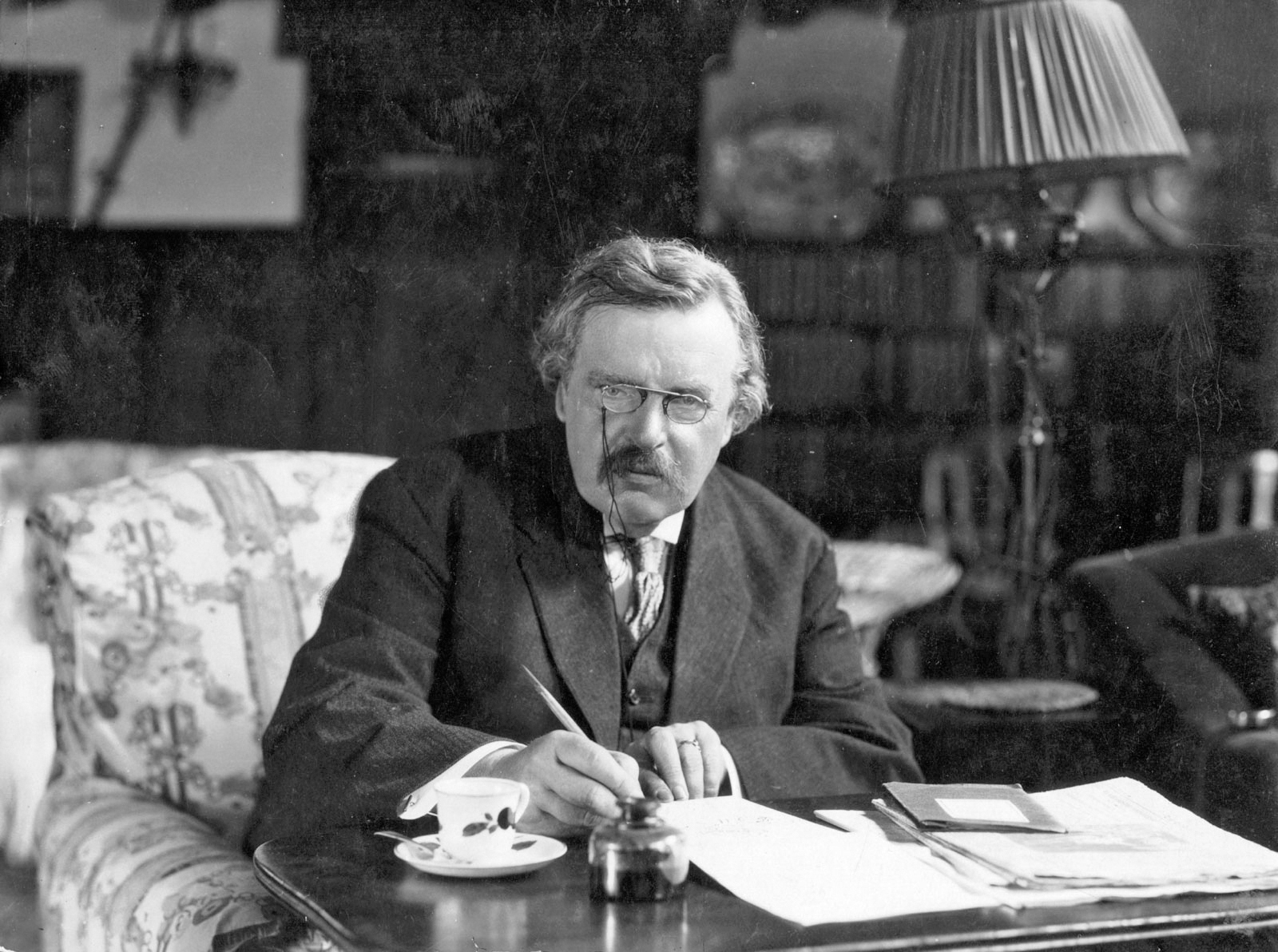
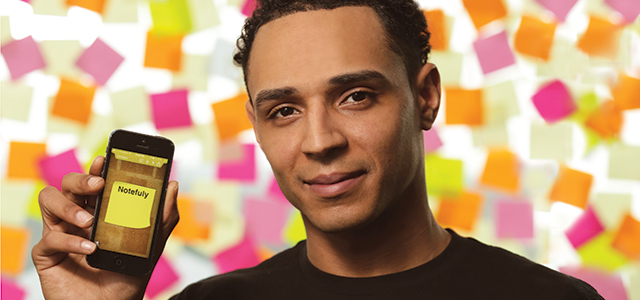
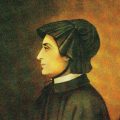

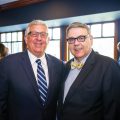

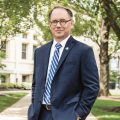
Comments are closed, but trackbacks and pingbacks are open.